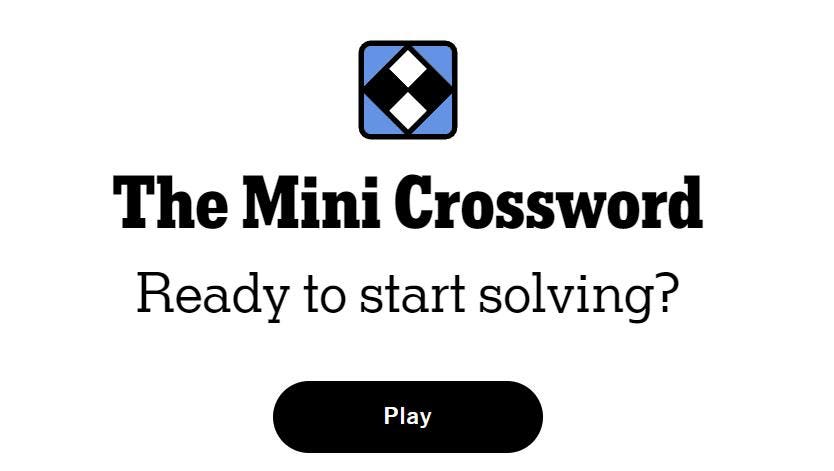The rise of AI-powered zero-click search is disrupting digital marketing, leaving fewer opportunities for brands to capture clicks, leads and conversions.
Adobe Stock
For a long time, marketers have chased clicks. These digital interactions are used to interpret intent and behavior, with the ultimate aim of understanding us in order to sell to us better.
But now the emergence of zero-click is turning this on its head. Thanks to AI and the appearance of generative search results, snippets and info boxes, a growing number of searches result in no clicks at all.
So, if marketers are no longer able to track website visitors in order to collect email addresses and push us along funnels, or optimize content for appearance in search results, what should they do instead?
Here, I’ll break down what zero click really means, how it will affect the ability of businesses to connect to new customers, and what marketers themselves should be doing now to make sure they’re ready.
What Is Zero Click?
A zero-click search for information is one where the user finds what they’re looking for without having to click a link from the search engine results page.
Increasingly, it can also refer to other forms of search that don’t lead to a Search Engine Results Page (SERP) at all, like voice search, and in-app searches using social media apps, shopping apps or tools like Google Maps.
Here, businesses are having their tried and tested strategies disrupted by the integration of generative AI into search results. In fact, according to research by Bain & Company, 80 percent of consumers rely on zero-click answers to at least 40 percent of their searches.
What does this mean in the real world? Well, consider a typical user journey for someone looking for financial advice.
A traditional click-based user journey might involve them searching for “improve my credit score”. They would find a page of results offering sponsored links to credit agency tools, as well as blogs that answered basic questions and referred visitors to advertisers. All opportunities that businesses pay for to connect them with customers.
A zero-click journey, on the other hand, might simply list five tips for improving a score, directly on the SERP page, as an AI Overview.
Or someone looking to buy a new toothbrush might search through Amazon reviews or look for specialist blogs covering the subject. While in a zero-click world, they could just tell an AI assistant to find and buy the best toothbrush within their budget.
Here’s another example: customers are increasingly able to find out anything they want to know about a business through Google Maps, such as its opening hours or nearest store. This means they are less likely to visit a website where they can sign up for an email newsletter and receive personalized promotions.
What we’re seeing today is just the tip of the iceberg, and as more of our information seeking is done away from browsers entirely and on an ever-growing range of devices and wearables, the shift will become even more dramatic.
So, if you want to make sure you’re still able to reach potential customers with your products and services, what’s the solution?
What Does It Mean For Marketers?
Put simply, zero click is a total rewire of the way customers find information and make buying decisions in the digital domain.
As a result of changes to the way we find information, search engine traffic is falling, which often means conversions are falling, too. AI overviews and snippets frequently resolve queries with no need to interact with brands.
This means that customer journeys are shortening in many cases, and marketers have a narrower window of opportunity to put their brand in front of the customer at the point of decision-making.
SEO strategies need rethinking, too, because simply placing highly on a SERP is no longer a guarantee of clicks.
Branded content might be taken out of context, as AI tools synthesize words and images from multiple sources in response to queries. This could lead to reputational damage if it’s used inappropriately.
Attribution strategies might become more difficult, as it becomes harder to determine where sales and leads are coming from.
In fact, the effects of this shift have been labelled a “traffic apocalypse”, and many marketers have been caught entirely unprepared. New York Magazine’s Intelligencer blog writes, “The whole premise of Internet publishing — that you could reach audiences far and wide — is starting to crumble.”
Start Preparing Now
This may sound gloomy if you’re a marketer, but it’s actually an opportunity.
Being among the first in your niche to work out how to make zero-click work will be akin to being an early adopter of SEO and SEM strategy back in the early days of the web. In other words, potentially very lucrative.
One piece of advice that’s emerging is to structure content in a way that effectively answers questions. This means clear headings, body text and structured data such as charts or tables, where appropriate.
Tests seem to show that the algorithms that gather data for “snippets” and AI Overview are more likely to be attracted to this sort of information, possibly because it makes it simple for the LLM to process into direct answers to user questions.
Some principles of SEO marketing will continue to apply and may even take on new relevance, such as the significance of short versus long-tail keywords.
AI tools may be more likely to favor your content if it contains answers to more specific, in-depth queries like “best electric toothbrush under $100” rather than broad terms like “best toothbrush”. In SEO terms, these are called “long-tail” and “short-tail” keywords, and reports suggest AI overviews are more likely to include articles that score highly for the former.
In short, a marketer’s understanding of the difference between the way traditional search algorithms and AI bots answer user queries is increasingly critical to whether they can make zero-click work.
Successfully navigating these changes will leave businesses better able to predict and influence the results of marketing campaigns in the AI age and ready to build stronger connections with their audiences.









